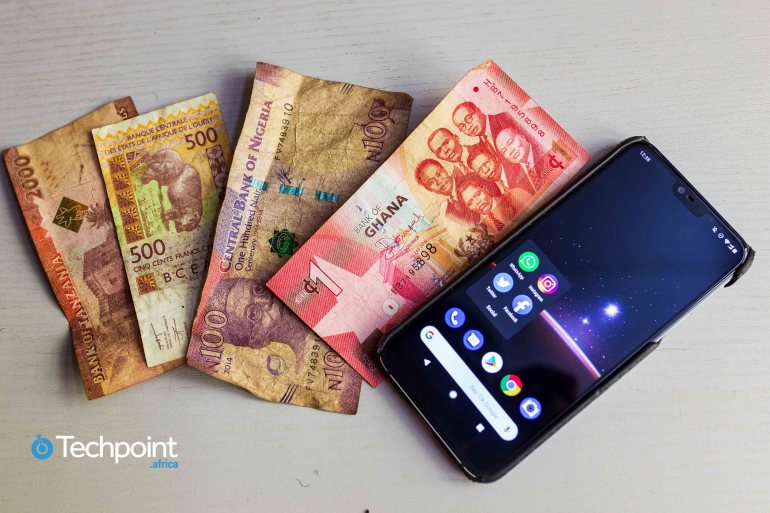As the world emerges warily from a pandemic-induced lockdown, countries are rethinking approaches to governance in the face of challenging economic conditions.
The real dangers of fluid borders in the face of contagious diseases has halted globalist sentiments as countries erect barriers to protect citizens from risky contact with alien visitors.
Digital borders?
Meanwhile, a fiercer trend of border demarcation is also emerging in the digital space. As the world acknowledges the growing importance of the cyberspace post-COVID, countries are drawing digital lines, erecting cyber-walls and claiming online territory.
Just this week, India announced a ban on the use of over 50 Chinese-owned mobile applications in a ‘targeted move to ensure safety and sovereignty of Indian cyberspace’. In a bid to ‘ensure competition in the payment system market’, Brazil’s Central Bank two weeks ago suspended Facebook’s WhatsApp payment in the country just few weeks after the payment service was launched.
Government actions like these will become prevalent as countries battle to control digital real estate.
The Nigerian tax play

Back here in Nigeria, in an attempt to make its claim on revenues generated within the Nigerian cyberspace, Nigeria’s Finance Minister, Zainab Ahmed, recently mandated companies from outside the country to pay an income tax as long as they get paid for services rendered in the country.
The Companies Income Tax (Significant Economic Presence) Order 2020 (PDF) published by the Minister provides details on the scope and threshold for determining what constitutes revenue derived from Nigeria by non-resident companies under the concept of Significant Economic Presence (SEP).
What constitutes significant economic presence
According to the Order, a foreign company operating in Nigeria will have a significant economic presence under the following.
- It derives an annual revenue of above ₦25 million (or Naira equivalent) from
services to users in Nigeria such as digital content, online affiliation, data collection on the usage of websites or applications, or taxable goods or services that are delivered either directly or indirectly through digital channels to Nigeria.- Examples of digital channels are e-commerce, social media, online video, data sharing platforms, and similar activities conducted through satellite. The threshold for annual turnover is inclusive of all activities of connected persons in the accounting year.
- It registers a website address in Nigeria or uses a Nigerian domain name.
- It has a fixed and constant communication with users in Nigeria. For instance, where a business adjusts its online brand to attract persons in Nigeria or raises bills in local currency. Nevertheless, Nigeria shall treat a foreign company covered under a multilateral agreement in line with that agreement. The provisions will apply from the effective date of the consensus arrangement in Nigeria.
- A foreign company that carries on trade or business in the form of technical, professional, management, or consultancy services will have SEP on income or payments from a person in Nigeria. Where this is the sole source of income for an NRC without SEP, then withholding tax is the final tax. It is not all payments to a foreign company that will create SEP. Transactions exempt are amounts paid to an employee under an employment contract, receipts from and payments to an educational institution, and sums paid by a foreign-fixed base of a Nigerian company.
This means that companies like Netflix, Facebook, Twitter, Google, Amazon, and Alibaba offering content streaming, advertising and e-commerce services to Nigerians will now be subject to taxes in Nigeria along with much smaller companies considering the revenue threshold of ₦25 million (~$55,000).
A growing trend

To be clear, this move by the Nigerian government is not unexpected. It is becoming acceptable in international taxation for countries to maintain rights to tax non-resident companies for revenue generating activities within their territories in an increasingly globalised world.
In a 2019 proposal by the Organisation of Economic Cooperation for Development (OECD) for a new approach to international taxation, countries who wish to impose a tax on international digital companies are allowed to define a revenue threshold in the market which would signal a sustained and significant economic involvement in the country.
Collection challenges
Yet, challenges remain. It remains to be seen how the Nigerian tax body solves the collection problem with companies not resident here. The Finance Act points to a withholding tax mechanism with respect to Nigerian companies who do business with the foreign corporations but leaves out a mode for collection for profit generated from millions of B2C interactions.
Clarity is also needed from the Ministry of Finance and the Federal Inland Revenue Service on such technical issues as basis for determining taxable profits in light of global nature and costs of the foreign organisations subject to these taxes.
Way forward
It is interesting to see how implementation for these new tax rules play out although it must be said that government needs to do a better job of understanding the workings of the tech digital sector. Recent attempts by the Nigerian government to tax digital operations have revealed the need for collaborative knowledge sharing between government and private sector stakeholders.











